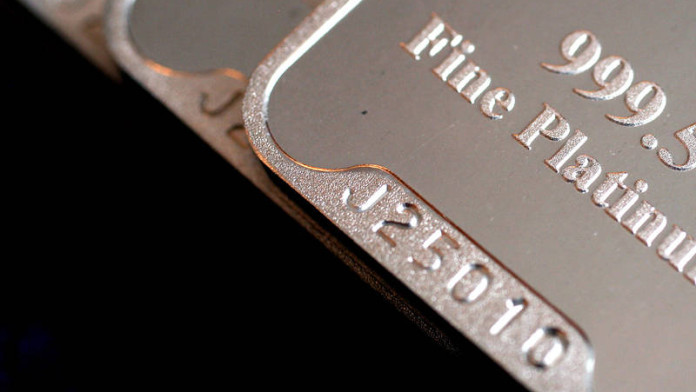
SHARES in Platinum Group Metals (PTM) have recovered just over 18% since the beginning of the year, but the company’s finances remain fragile.
The company provided a first quarter update ended November 30 in which it incurred a $12.44m net loss (2016: -$2.45m). As stated on November 30, it is also required to raise $30m in cash or debt or a combination within 30 days of having paid secured lenders an installment from the $74m it is to receive from Royal Bafokeng Platinum (RBPlat).
RBPlat’s payment is for the Maseve mine and infrastructure which PTM agreed to sell to the South Africans. It’s worth noting, though, that secured lenders are protected with lien loans which means the assets are collateral and would revert to the lenders in the event of a default – most likely created if PTM failed to raise monies from the market or banks.
The improvement in the share price, however, suggests the company will eventually be able to set about the development of its palladium-rich Waterberg project, of which 15% is now owned by Impala Platinum (Implats) following a $30m deal in October.
Implats has the option to increase its stake 50.01% for roughly $166m on completion of a bankable feasibility study and an offtake agreement – but there were risks too such as the remoteness of the project, the lack of access to infrastructure and skilled labour, and “… unfamiliar proposed mining methods”.
“We also believe the cost estimates are low and do not make allowances for real increases in labour and utility costs. The value uplift is also reduced if the project schedule is pushed out,” said PTM in November. The mine is projected to cost R15bn to build according to a technical report on the project produced by PTM.
The firm’s net loss for the 2017 financial year totalled $590m (2016: $36.7m). It spent $136m on Maseve during the year. The loss per share for the year amounted to $4.30 (2016 -26 US cents/share). Shares in PTM plummeted to as low as 28 cents per share on December 18, a decline of more than 80% over the last 12 months.










